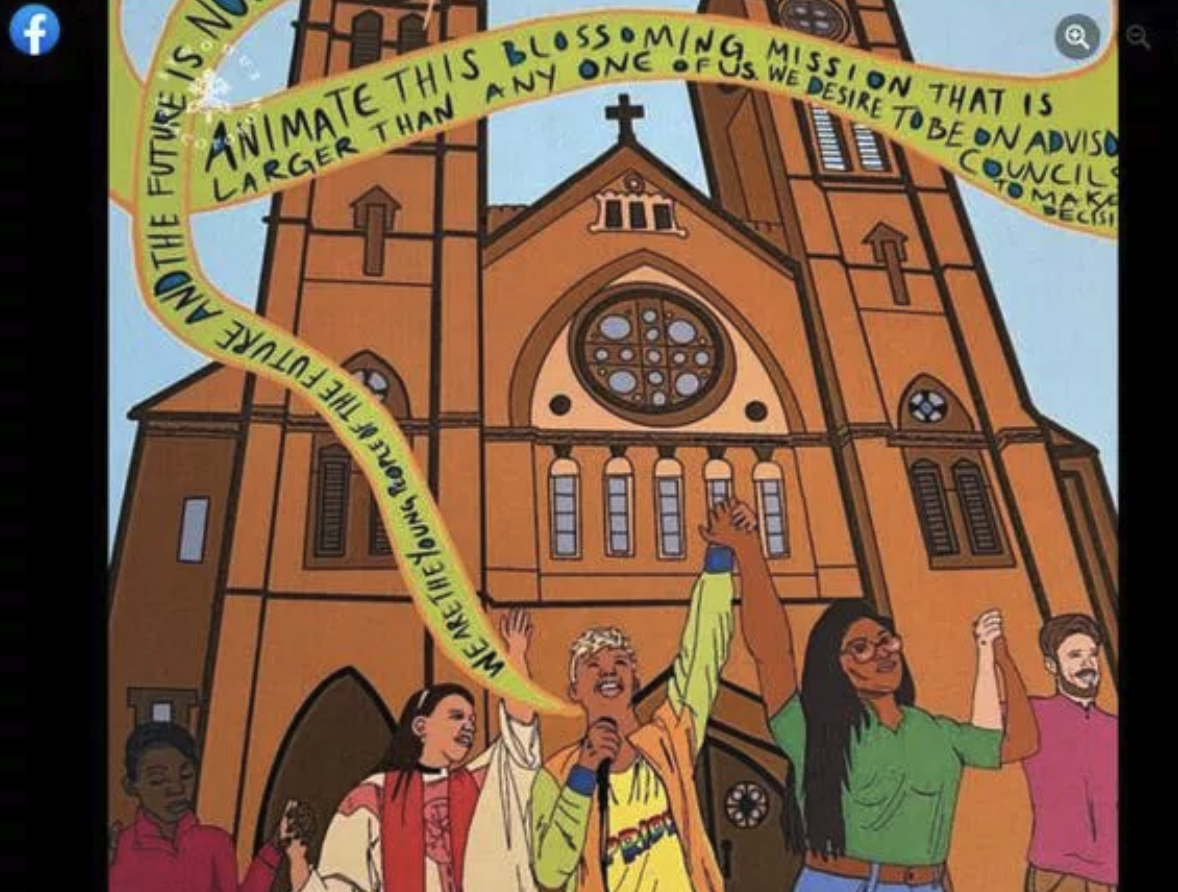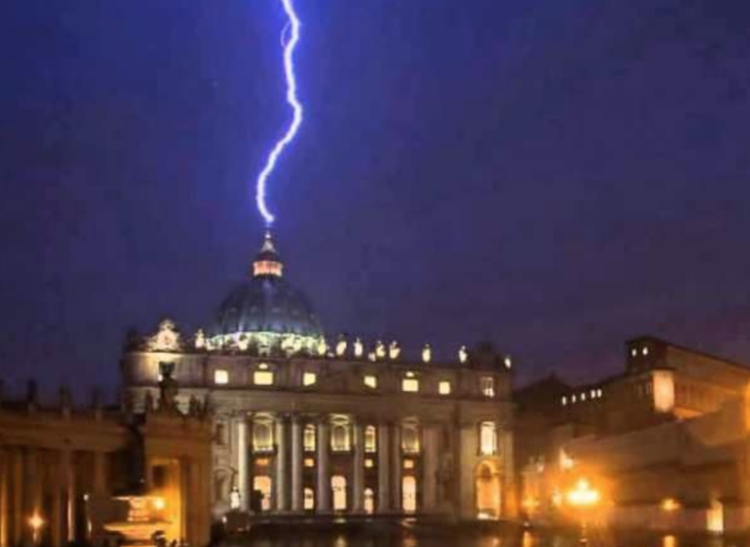There’s no better indicator of how fraught things have become in the upper echelons of the Catholic Church than Pope Francis’s surprising, last-minute decision to clamp strict secrecy upon his all-important Synod of Bishops. This Vatican assembly, very likely the major event of his reign, is running through October 29 with a second, concluding session a year from now.
GetReligion editor Terry “tmatt” Mattingly surveyed the pope’s decision last week, but to repeat the basics: Regulations governing the synod, reinforced in Francis’s opening address, direct participants to reveal absolutely nothing about the discussions, including even what they themselves have to say, not just now but forever after (though the Vatican says violators are not under threat of excommunication).
Paradoxically, Francis’s purpose for this synod was to foster openness, flexibility and “synodality,” a vague buzzword for broader participation of all Catholics in their church’s life and governance! His Kremlin-esque blackout breaks from prior synod policy under five popes — including Francis himself.
We’ll see how things play out, but as of this writing the media have been offered only official briefings that are far more anodyne than usual.
The problem with secrecy rules is that they usually work imperfectly or not at all.
A gag order upon actual participants hands the power of information to outsiders’ interest groups, speculations, suspicions and gossip that inevitably influence news coverage and historical interpretation. For instance, note this paywalled New York Times account — “Vatican Conference Draws All Stripes to Rome, Welcome or Not” — of the “Catholic menagerie" assembled in Rome outside the secret Synod.










